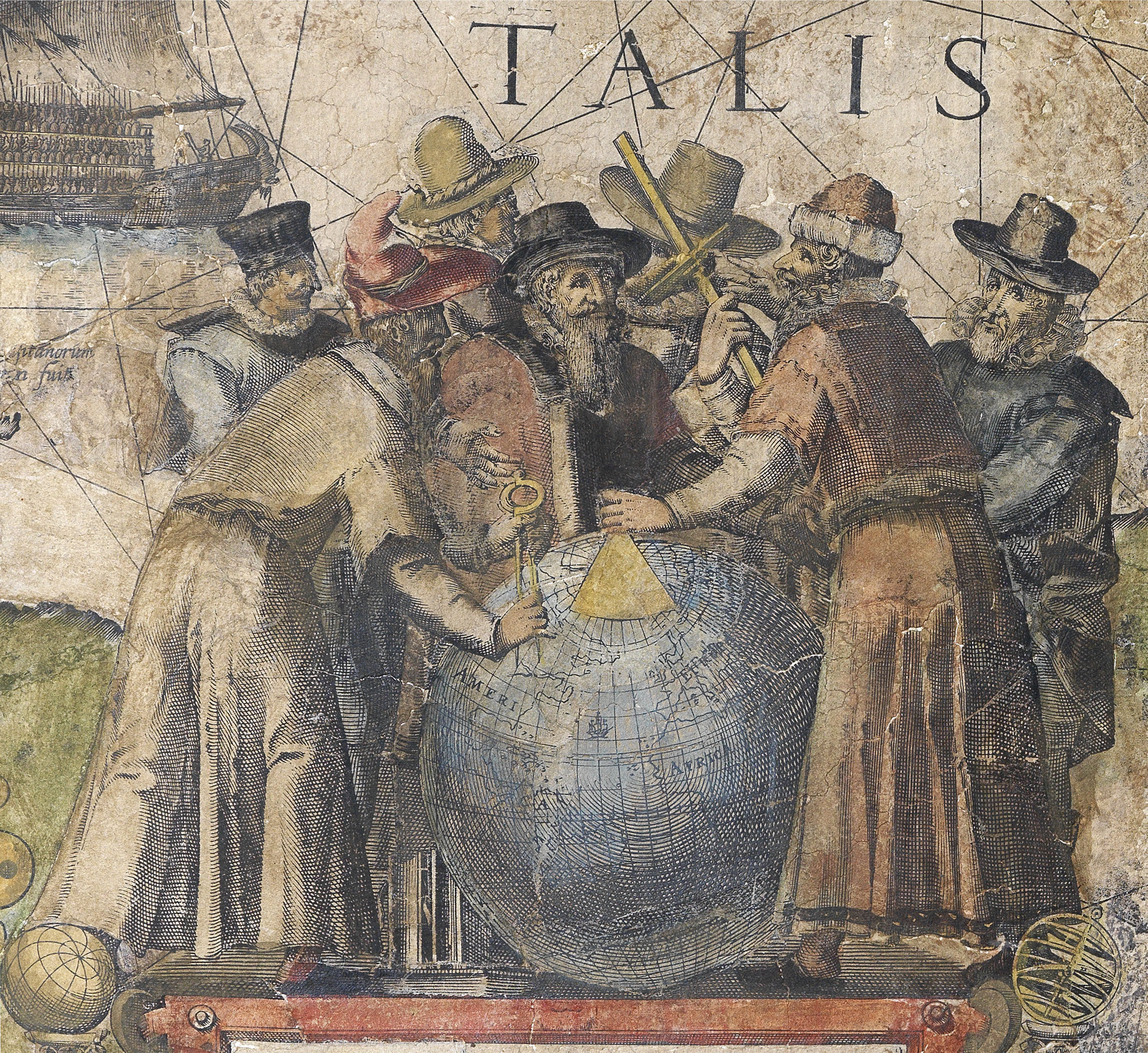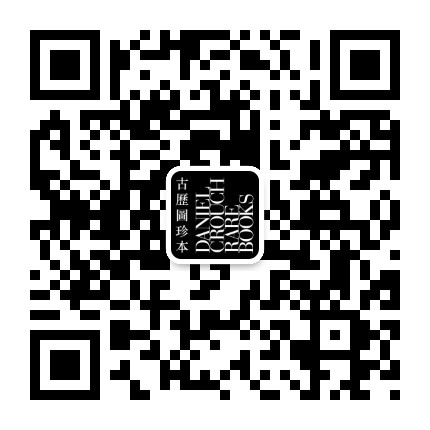George Edward Arkell
(1857 - 1926)

Born in Pimlico, the son of a London cab driver, Arkell could not have had a better basic qualification for mapping London. He worked originally in publishing, and later as a private secretary, including for Charles Booth. He was to become an experienced social investigator for Booth, conducting numerous interviews for Booth’s project, an Inquiry into the Life and Labour of the People in London, undertaken between 1886 and 1903. The interviews, recorded in notebooks now housed at the London School of Economics, were with representatives of several trades – tailors, hatters, boot-makers, wood-workers, printers, bookbinders, paper manufacturers, stationers and booksellers. Walking the poorer streets of London with a police escort, Arkell’s notebooks are full of descriptions of the streets of London, their inhabitants, and are accompanied by a sketch map of the area covered in each foray. These reports, along with statistical tables compiled by Arkell and Jesse Argyle, provided the basis for Charles Booth’s Descriptive Map of London Poverty 1889 (1889), “…the most important thematic maps of the Metropolis in the nineteenth century were those which accompanied Charles Booth’s Monumental survey” (Hyde).
Arkell also worked closely with Beatrice Potter, later Beatrice Webb, one of the original members of the team gathered by Booth (her cousin by marriage) to assist with his project. She was commissioned to investigate dock labour and the tailoring trade, assisted by Arkell, who provided her with relevant statistics concerning location and composition of the various workshops. Potter is recorded as suggesting, at a dinner in 1887, that Arkell colour-code his maps to highlight exactly where each trade was centralized. In February of 1888, Arkell accompanied Potter on an investigative walk through the East End of London.
Arkell worked with Octavia Hill, on the subject of block dwellings, also included in Booth’s “Poverty” series. In the “Religious” series he may have been the unofficial “Nonconformist” specialist, being an occasional member of the Northcote Baptist Church in Western Battersea.
Later, Arkell created intricate maps of Jewish East London (1899); and others detailing the pubs and clubs of London.
 地图
地图  地图集
地图集  珍本
珍本  版画
版画  天文仪器
天文仪器 






